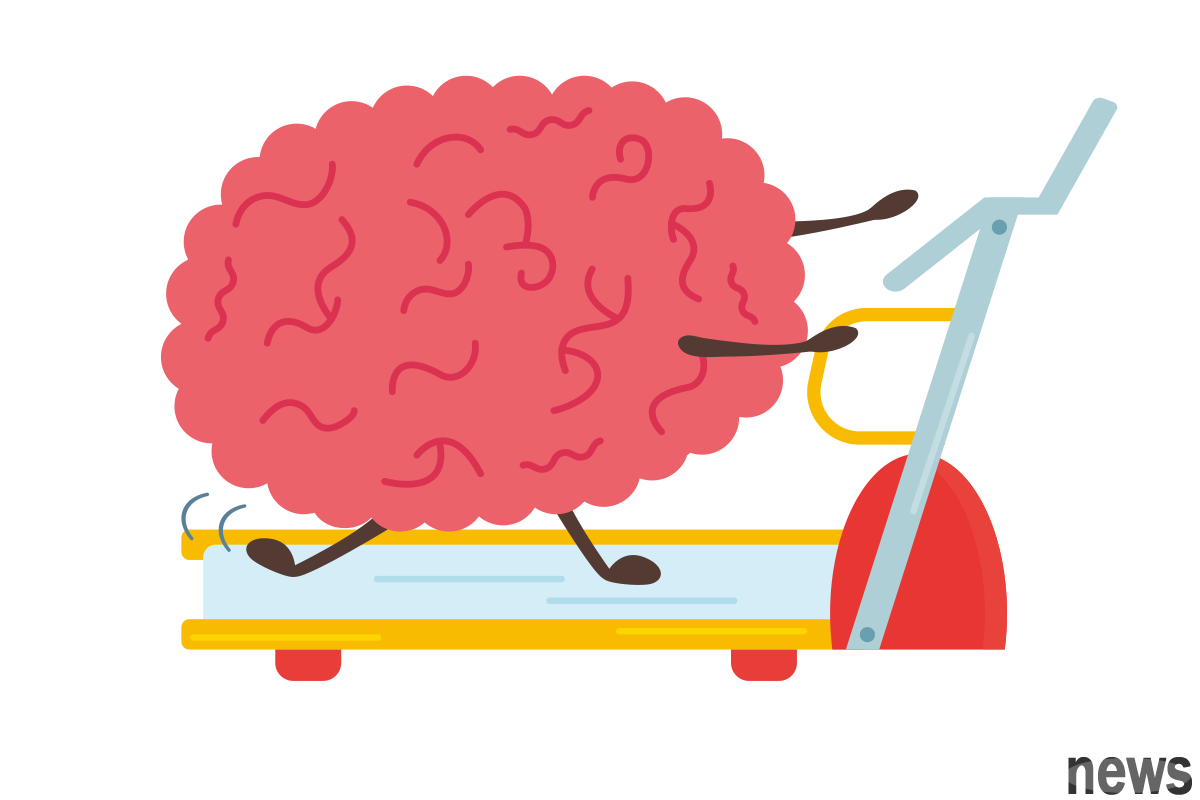
When you are entering middle age, do you also feel that your memory is clearly declining and you always forget everything. Although many people seem to have this problem and do not see any major problem, if it reaches the level of impact on the work, you should pay attention. Because modern people are afraid of dementia, it is highly related to memory, especially short-term memory that forgets what to do when you turn around.
According to a study conducted by neuroscientists at the Trinity College Dublin Psychology Institute, it was found that self-evaluation of one's poor memory (called main viewing memory problems) and dementia risk factors (such as hypertension or loneliness) are more relevant than those of object-based tests. This new study adds to our early changes in brain health in adults, allowing scientists to identify the role of physical health factors in our brain aging, including heart health, hearing and vision loss, and high calcium sterol. It also helps scientists understand what activities people can do to maintain memory and reduce the risk of dementia.
If you establish some good habits in advance, 40% of dementia are preventable.
10 Things to Maintain Memory and Reduce Dementia Risk1. Eat chicken eggs for breakfast to replenish protein
Breakfast to replenish protein, such as chicken eggs, cheese, etc., which helps maintain blood sugar stability. Studies have found that increased blood sugar and increased sugar intake will lead to an increase in tinea plaques in the brain. Obese and diabetic patients will have fertility problems, and the rate of dementia is three times that of ordinary people.
2. Lunch with friends every week
Humans are group animals that need to interact with others to stay happy and satisfied. I feel alone can increase the risk of dementia, so it is important to maintain daily social contact.
3. Don’t often quarrel with your partner
. Being kind-hearted is definitely a key impact on life happiness. Most people know that a bad relationship will bring psychological pressure and will be detrimental to health in the long run, but what they don’t know is that it can also cause harm to the brain and accelerate the aging of the brain.
4. Raising a dog or cat
in JAMA Network Open in January pointed out that among the solitary, raising pets is related to slower cognition (especially complex language cognition, language memory, and language fluency). Owners are more likely to develop regular exercises due to pet walks, which may also help build connections and reduce feelings of loneliness. In addition, caring for a hairy child will develop a sense of responsibility and care for another life; some studies have also pointed out that when you are patting your dog, you will also increase the joy hormone serotonin.
5. Managing pressure
should help prevent degradation of awareness. Elevated brain epinephrine can cause glucose deficiency in the brain, which can affect sleep, blood pressure and many other functions that are important for brain health in the long run.
6. Sleeping in a toenail
Good sleep is very important for brain health and helps prevent toxins from getting tired in the brain.
If you are not that easy to fall asleep, please don’t eat too late. Eating too much will make you fall asleep. You can also try sleeping with a slut, because the cold feet will keep you awake and cannot relax to the point where your brain closes.
7. Performing activities or games that require brain
Playing crossword games and numbers every day, or playing chess games, reading books, learning another language, etc. can force the brain to concentrate and help prevent degradation of cognitive ability.
8. Cultivate love, don't stay at home and watch TV every day. Cultivate two kinds of interest to get you up every day and have something you want to do.
Watching TVs for four hours or more a day may increase the risk of brain diseases such as dementia and Buckinson's disease.
9. Beginning exercise
Research has pointed out that high intensity exercise six minutes a day can increase the water level of a protein in the blood that participates in learning and memory formation, and helps fight depression.
Or doing some plantation and farming activities can also help fight the symptoms of aging or dementia.
10. Clean up the house. There are too many nuisances in the house. It is difficult to find the items you want. It will increase the brain's confusion in the long run. Hoarding symptoms may also be a symptom of obsessive-induced disorder and dementia.
In addition to the above-mentioned habits, Qiu Yanzhang, director of the Neurological Department of National Taiwan University Hospital, also wrote an article in the "Joint Newsletter" to prevent memory degeneration, and to control the symptom and vascular risk factors, prevent external head injuries, reduce severe infections, and avoid unnecessary multiple medications (multiple side effects), in order to effectively prolong brain aging.